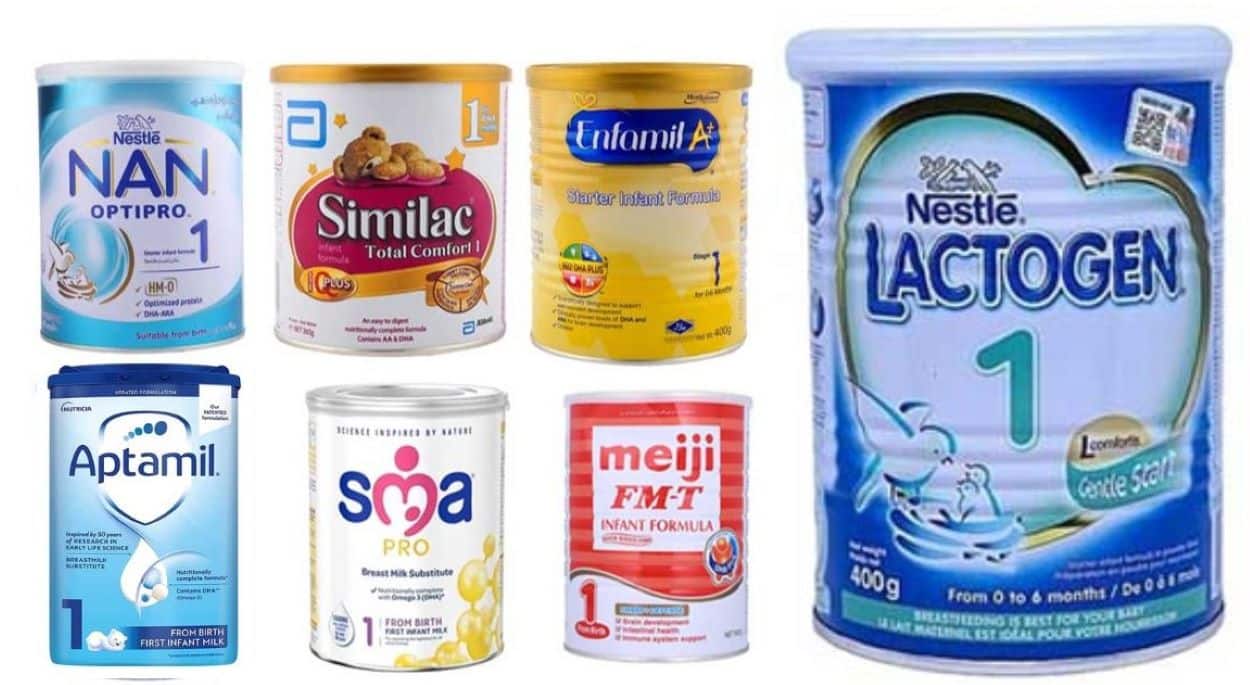The government plans to introduce an 18% GST on locally produced infant formula and baby food, sparking criticism from industry representatives and the public. They argue this taxation will force parents towards less healthy feeding alternatives, exacerbating malnutrition among infants and children.
Last week, the finance minister’s budget proposal suggested removing the zero-rating status for these essential products. “Other countries lower taxes on such products,” stated Akmal from Lahore, condemning the move. He questioned the affordability of these items for financially strained families.
Meanwhile, manufacturers have suggested a phased tax implementation. Pakistan faces a severe malnutrition crisis, with a high under-five mortality rate and significant issues of underweight and stunted children, as noted in the National Nutrition Survey.
During the budget announcement, Finance Minister Muhammad Aurangzeb emphasized the critical role of nutrition in the early stages of life. However, he downplayed the tax impact in a subsequent press conference, labelling it insignificant for the middle and upper classes, the primary consumers of these products.
It is important to consider that locally produced nutritional products are about 50% cheaper than imported options and support the purchase of 300 million litres of milk from local farmers.
Industry insiders revealed no previous tax on these items until the government set price caps three years ago. The sudden imposition of an 18% GST in the latest budget surprised many.
In discussions with the Senate’s standing committee, industry representatives proposed a gradual GST introduction to mitigate the immediate financial impact on consumers and ensure a smoother transition. They suggested starting with 5% in the first year, increasing to 10% in the second, and reaching 18% in the third year.






